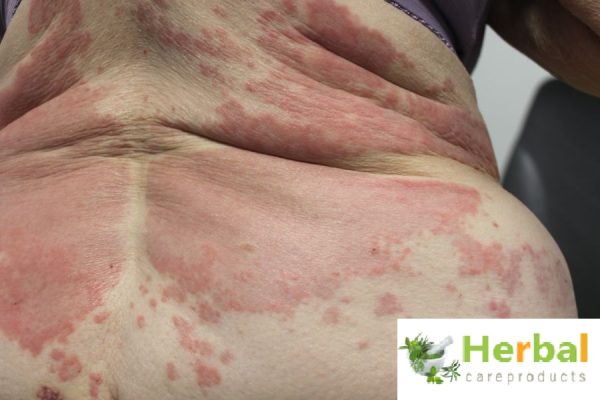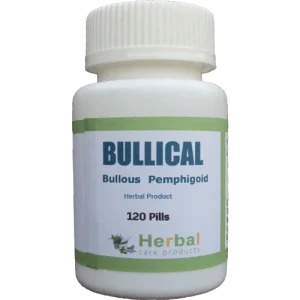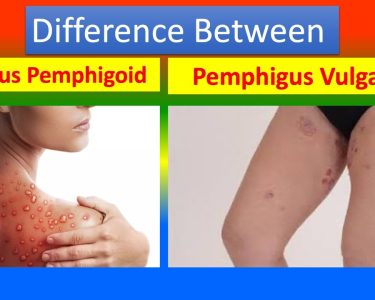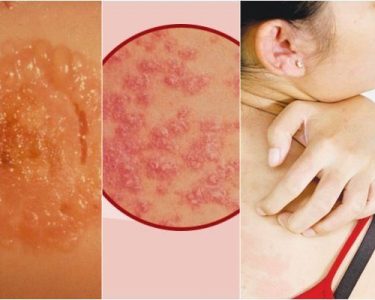Bullous Pemphigoid is a rare and potentially serious skin condition affecting young adults. Characterized by blisters and itchy skin, this autoimmune disorder is often misdiagnosed due to its similarities with other skin conditions. In this blog post, we will discuss the causes, symptoms, and treatments for bullous pemphigoid in young adults.
What is Bullous Pemphigoid?
Bullous pemphigoid (BP) is an autoimmune skin disorder that primarily affects older adults, although it can occur in younger people as well. BP is characterized by the formation of blisters on the skin. The blisters are filled with fluid and usually form in clusters on the arms, legs, trunk, and sometimes even the mucous membranes. It is a chronic condition that can last for several months or years. BP can be itchy and uncomfortable but is not usually life-threatening. Although the cause of BP is unknown, it is believed to be triggered by an immune system reaction to certain proteins found in the skin. Treatment for BP typically involves using topical steroids and other medications to reduce inflammation and prevent the formation of new blisters.
Bullous Pemphigoid Causes
Bullous pemphigoid in young adults is a rare but serious autoimmune disorder, which causes the immune system to attack the body’s own tissue. The exact cause of bullous pemphigoid in young adults is unknown; however, it may be caused by genetics or environmental factors, such as certain medications or an infection. In some cases, a virus can trigger the development of the disorder.
Bullous pemphigoid is more common in older people and those who are already suffering from other autoimmune disorders such as lupus or rheumatoid arthritis. However, this disorder can also affect younger adults.
Bullous pemphigoid is thought to be an auto-immune reaction to a substance (antigen) normally present on the skin or mucous membranes. This triggers the release of antibodies that attack the skin and mucous membranes, leading to the characteristic rash.
It is important to note that bullous pemphigoid can develop at any age, and anyone can be affected. It is not contagious, and there is no known way to prevent it from developing.
Bullous Pemphigoid Symptoms
Bullous pemphigoid in young adults can cause a range of symptoms that are sometimes similar to those experienced by older adults with the condition. The most common symptom is an itchy, red rash on the body that is made up of large, fluid-filled blisters. These blisters typically appear on areas such as the arms, legs, abdomen, back and chest, and may be painful. In some cases, the blisters may spread to other parts of the body, including the face and mouth. Other symptoms may include fever, fatigue, muscle aches, and loss of appetite. In severe cases, the blisters may become infected or lead to other complications such as dehydration or malnutrition. It’s important to seek medical attention if you think you might have bullous pemphigoid as it can be easily treated with medication.
Bullous Pemphigoid Treatment
Treatment for Bullous Pemphigoid typically involves systemic medications such as oral steroids or other immunosuppressants. These medications can help reduce the number of blisters and the severity of symptoms. Other treatment options include topical corticosteroids, ultraviolet light therapy, and plasmapheresis (the removal of antibodies from the blood).
In cases where the skin is severely affected, oral antibiotics may be prescribed to prevent secondary infections. In some cases, injectable medications, such as dapsone and cyclophosphamide, are also used.
In addition to medical treatment, patients should take measures to protect their skin from further irritation. This includes avoiding products containing fragrances, alcohol, and other potential irritants. Patients should also wear loose clothing and use moisturizers to keep their skin hydrated.
If left untreated, Bullous Pemphigoid can cause permanent scarring and other complications. Therefore, it is important to seek medical attention as soon as possible if you suspect you may have this condition. Your doctor will be able to provide an accurate diagnosis and help you find the best course of treatment for your specific case.





